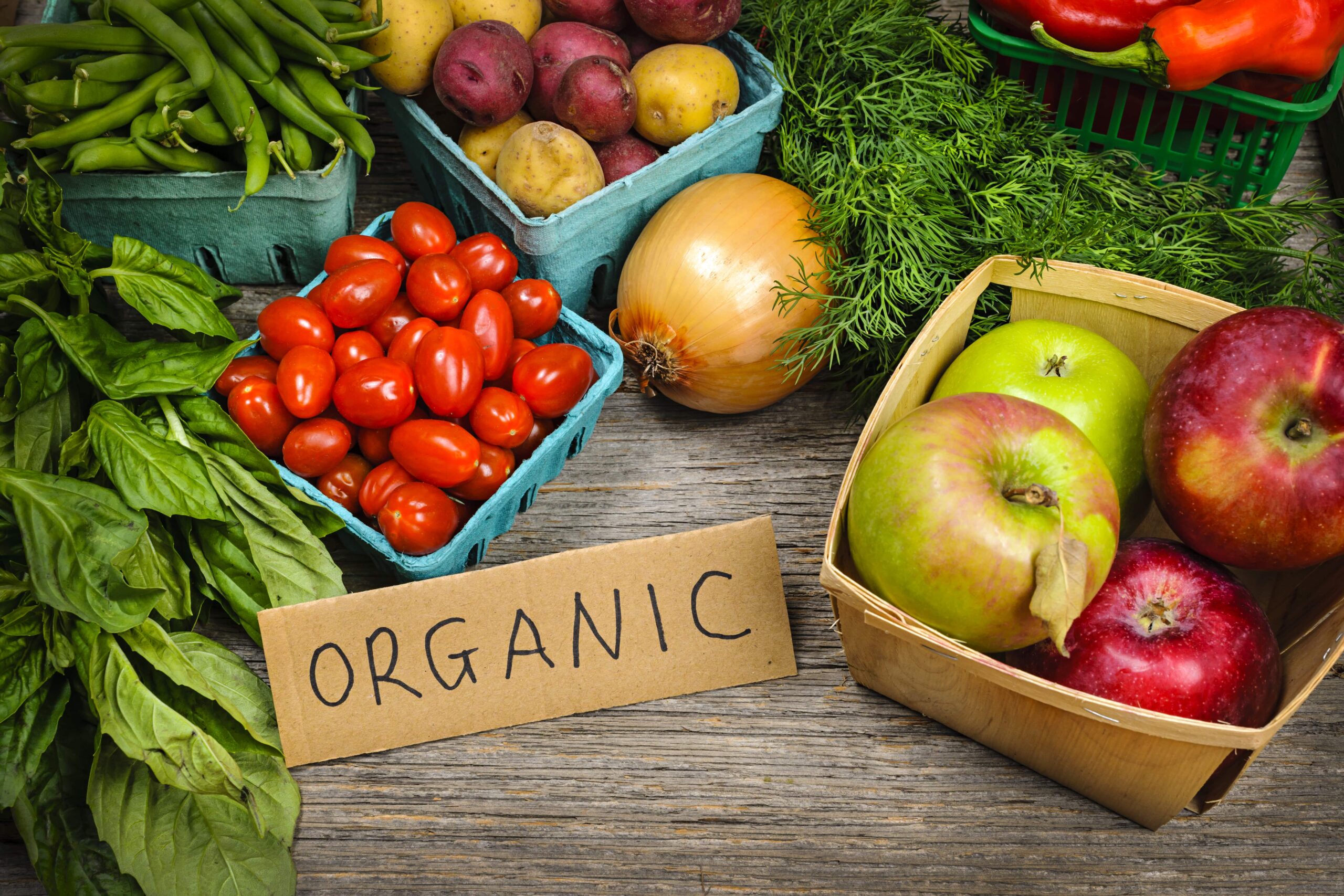The organic sector in India requires a well-defined strategic road map that navigates a path toward achieving equilibrium betweendomestic expansion and international competitiveness. This road map, going beyond tackling current challenges, should envision a future where the organic industry plays a substantial role in fostering a healthier and more sustainable India, both at the local and global…




